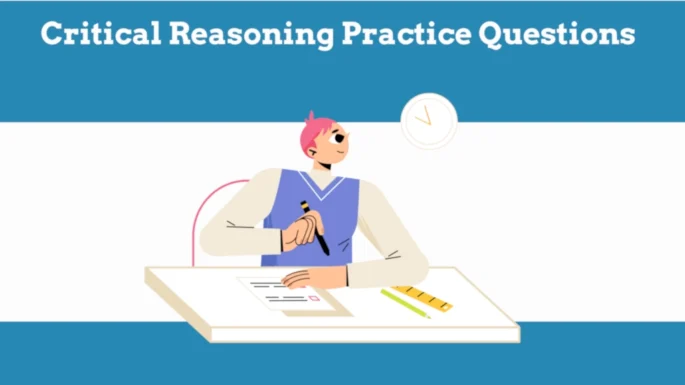Logical Reasoning Practice Questions
Welcome to our comprehensive collection of stimulus-style practice questions! These questions are designed to sharpen your critical thinking, logical reasoning, and analytical skills. These abilities are crucial for success in many standardized tests. Our carefully crafted questions mirror the format found in prestigious exams like the LSAT, GMAT, and GRE, as well as in many other exams.
Each question presents a brief “stimulus” – a short paragraph containing an argument, scenario, or set of facts – followed by a question and multiple-choice answers. These exercises will challenge you to analyze complex information, identify logical flaws, draw valid conclusions, and evaluate arguments.
These questions assess critical thinking, logical reasoning, and analytical skills. Here’s a list of some exams that typically include such questions:
LSAT (Law School Admission Test)
GMAT (Graduate Management Admission Test)
GRE (Graduate Record Examinations)
MCAT (Medical College Admission Test)
SAT (Scholastic Assessment Test)
ACT (American College Testing)
Critical Thinking Assessment Test (CAT)
Watson-Glaser Critical Thinking Appraisal
California Critical Thinking Skills Test (CCTST)
CLA+ (Collegiate Learning Assessment)
California Bar Exam’s performance test section
Certain civil service exams
Some corporate hiring assessments
These exams use stimulus-based questions to evaluate a candidate’s ability to analyze information, identify logical flaws, draw valid conclusions, and evaluate arguments. The questions present a short paragraph or scenario followed by a question and multiple-choice answers.
